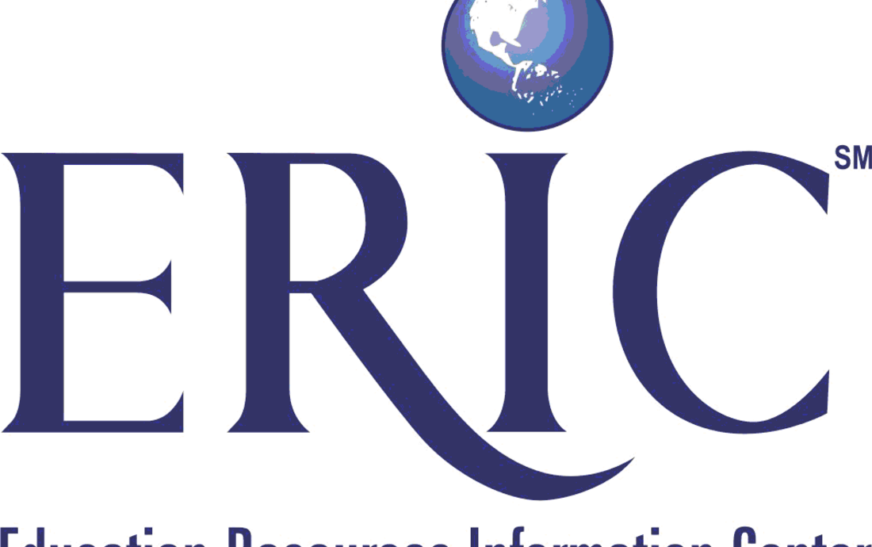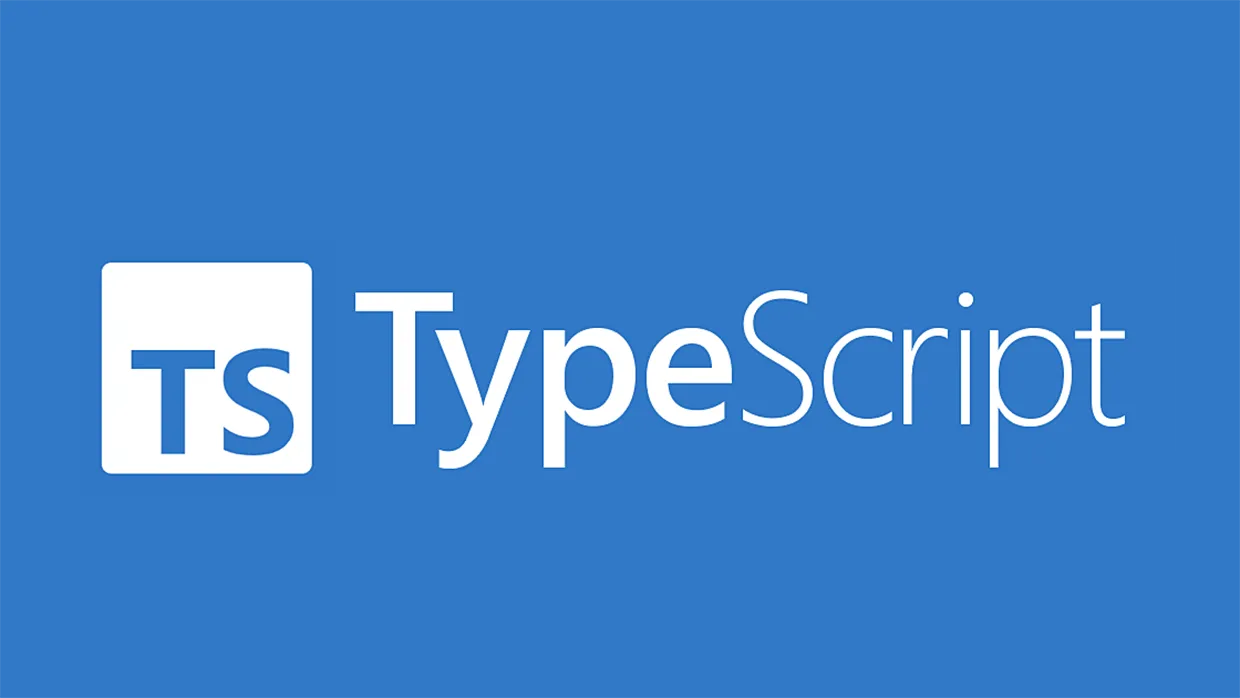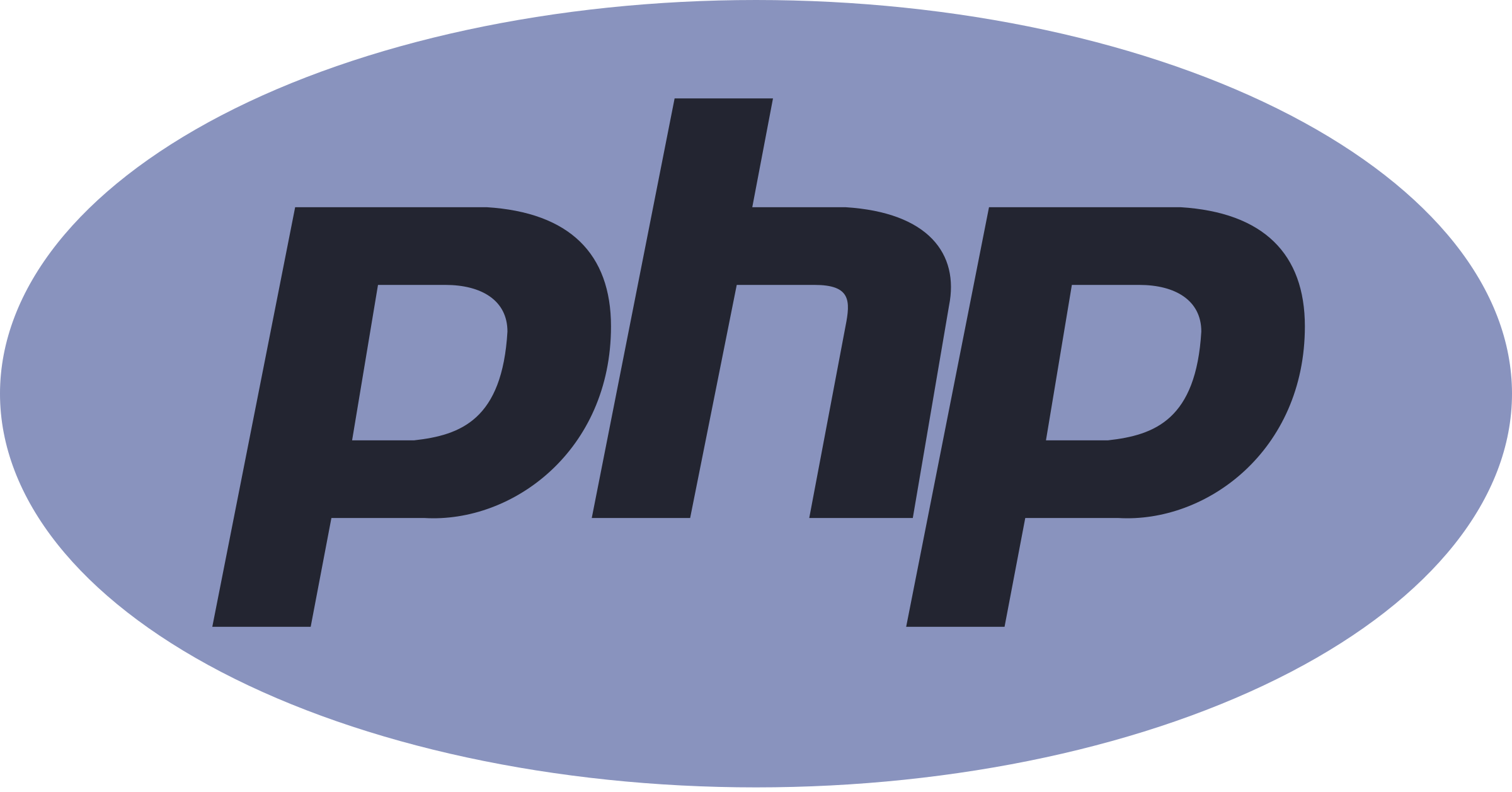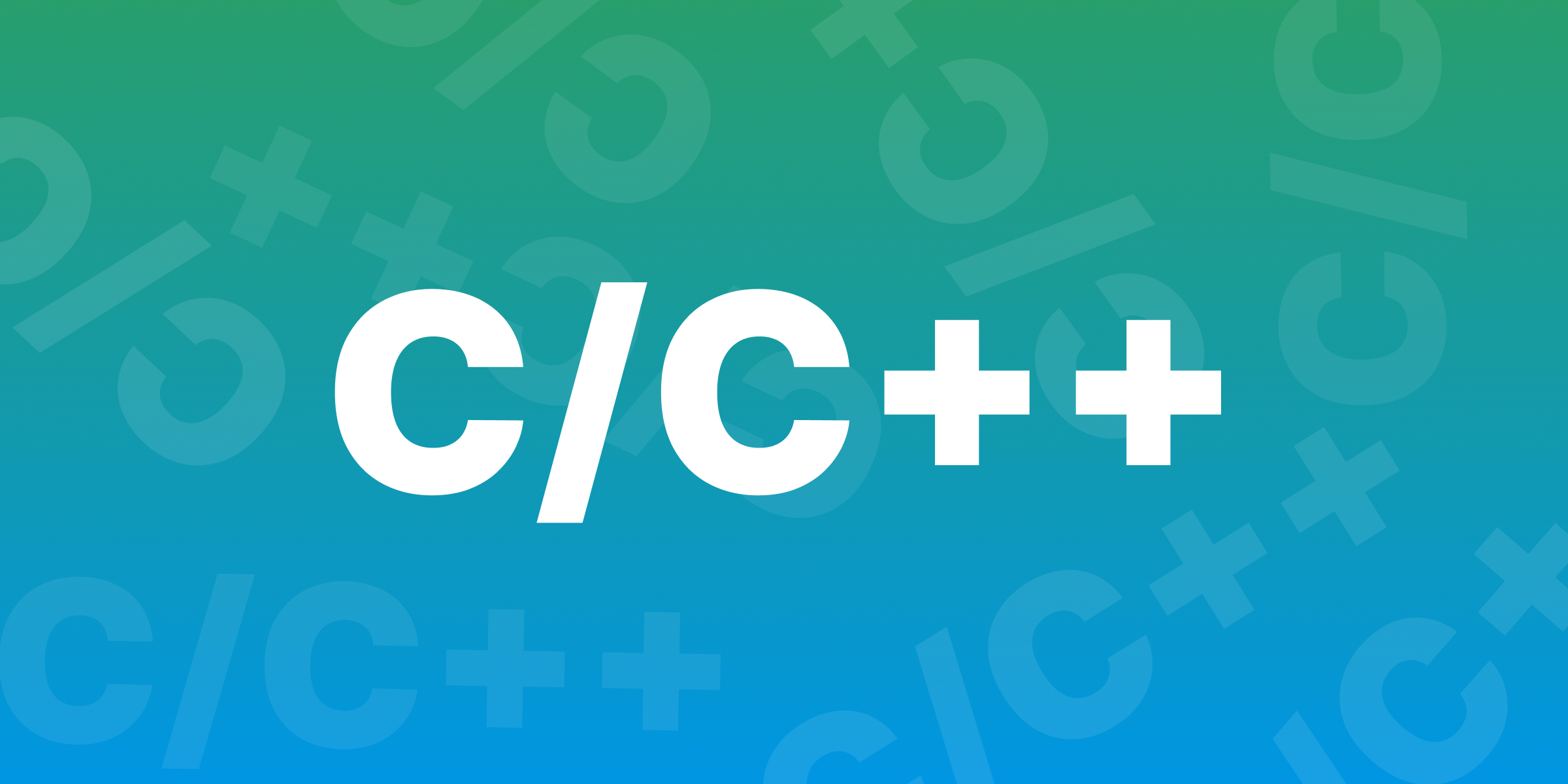Education Resources Information Center (ERIC) is a valuable tool for anyone looking to find credible, high-quality information about education. Whether you’re a student, teacher, researcher, or parent, ERIC makes it easy to access articles, studies, and reports on a wide range of education topics. This free resource, supported by the U.S. Department of Education, gathers research from trusted sources, making it easier for everyone to stay informed.
The Education Resources Information Center was created to give users access to a huge library of educational research. With millions of resources covering topics from early childhood education to adult learning, ERIC has something valuable for everyone interested in education. This guide will help you understand what ERIC is, how to use it, and how it can benefit your learning journey.
What Is the Education Resources Information Center (ERIC) and Why It Matters

The Education Resources Information Center (ERIC) is an online library funded by the U.S. Department of Education. It was created to make research in education easier to access, especially for students, teachers, and researchers. ERIC provides access to millions of documents, including journal articles, reports, conference papers, and books. This makes it one of the largest and most trusted sources for education-related research.
People rely on the Education Resources Information Center because it gathers high-quality research. It collects materials from reputable publishers, universities, and research centers. When people use ERIC, they can be confident that the resources are reliable and come from verified sources. This gives users a solid foundation for their educational needs.
Another reason ERIC matters is its focus on making information accessible. It offers a wide range of topics in education, from early childhood learning to adult education. ERIC also helps people find specific resources through its search filters. Users can filter by topic, date, author, and publication type, which makes finding useful information easier and faster.
How ERIC Supports Students, Teachers, and Researchers in Education
The Education Resources Information Center supports different users in unique ways. For students, ERIC offers a vast library to find resources for assignments and projects. Students can find papers on specific topics to help them understand complex subjects. This makes ERIC a valuable resource for those looking to expand their learning.
Teachers can use ERIC to stay updated on the latest teaching techniques and classroom research. The database has plenty of articles on how to improve classroom engagement and effective teaching strategies. Teachers can also find studies on student learning patterns, helping them create better lesson plans.
For researchers, ERIC provides an easy way to explore current education research. It offers peer-reviewed articles and reports that researchers can use to support their studies. By accessing the latest studies, researchers can ensure their work is relevant and up-to-date. This is especially useful for those working on thesis papers or conducting in-depth research.
Step-by-Step Guide on Using the Education Resources Information Center
Using the Education Resources Information Center can be easy with a simple step-by-step approach. First, visit ERIC’s official website and locate the search bar. This search bar allows users to type in keywords related to their topic. For example, if you want to find resources on early childhood learning, type in “early childhood education” to get relevant results.
Next, use the filters to narrow down your search results. ERIC allows you to filter by publication date, source type, and more. If you only need recent articles, set the filter to the last five years. Filtering helps users find specific, high-quality resources without too much scrolling. This step can save a lot of time, especially for those new to ERIC.
Once you find useful articles, save or download them for easy access. ERIC provides links to PDF files for many articles, which makes it simple to keep the information for future reference. You can also bookmark pages or save titles to revisit later. Following these steps helps users make the most of what ERIC has to offer.
How to Find the Best Education Resources on ERIC

Finding the best resources on the Education Resources Information Center can be done effectively by using smart search strategies. Start by using specific keywords rather than broad terms. For instance, instead of searching “math,” you could try “math learning strategies for middle school.” This will help you get better, more relevant search results.
Using advanced search options can also improve your results. ERIC’s advanced search lets you combine different keywords, use Boolean operators like “AND” or “OR,” and even exclude certain terms. This makes it easier to focus on the most relevant articles, saving you time and effort.
Additionally, checking the quality of the sources on ERIC can help in selecting the best resources. Look for peer-reviewed articles, as these are checked by experts and ensure credibility. Peer-reviewed sources are typically more reliable, which is important for anyone conducting academic research or teaching lessons based on ERIC materials.
Exploring ERIC’s Database: Tips for Beginners
If you are new to the Education Resources Information Center, getting started can be easy by following a few tips. Begin by familiarizing yourself with ERIC’s website layout. Spend some time exploring the homepage to see the categories available, like journals, books, and research reports.
For beginners, the search bar is a helpful place to start. Type a broad keyword to get a sense of the available resources. After getting a feel for the options, you can use filters to narrow down the results. Filters for publication date, type, and topic make it easier to zero in on what you need.
ERIC also has a helpful “Thesaurus” feature. This tool suggests related terms when you search, helping you find more articles that match your interests. This is especially useful for new users who are still exploring the best ways to search on ERIC. By using these tips, even beginners can navigate ERIC’s resources effectively.
Education Resources Information Center vs. Other Research Databases: What Makes ERIC Unique?

Compared to other research databases, the Education Resources Information Center stands out for its specialized focus on education. Many databases cover various fields, but ERIC is dedicated solely to education research. This means that every article and study in ERIC is related to teaching, learning, and educational development.
ERIC also offers a large number of peer-reviewed resources, which ensures quality and accuracy. Other databases may not provide as many verified articles specific to education. ERIC is also free for public use, which is a great advantage, especially for students and teachers who need access to research without paying high subscription fees.
Another unique aspect of ERIC is its government support. The U.S. Department of Education funds ERIC, which ensures its focus on reliable, high-quality educational content. Many users trust ERIC for its credibility and ease of use. These factors make ERIC a top choice for anyone focused on educational studies and teaching resources.
How ERIC’s Peer-Reviewed Articles Help Ensure Reliable Information
- Trusted sources: ERIC only includes materials from trusted publishers, universities, and research centers.
- Reviewed by experts: Articles are peer-reviewed, which means experts check them for quality.
- Focus on education: Since ERIC specializes in education, users can be sure each source is relevant to learning.
Conclusion
The Education Resources Information Center is a valuable tool for anyone interested in education, from students to researchers. It provides access to reliable information from trusted sources and has a unique focus on educational topics. By using ERIC, users can find up-to-date research and studies that can improve their understanding and support their work.
Using ERIC can make a real difference in learning and teaching. With millions of resources available, anyone can access the information they need to succeed. Whether you’re writing a research paper, preparing a lesson plan, or simply curious about the latest in education, ERIC is a helpful guide in your journey.









